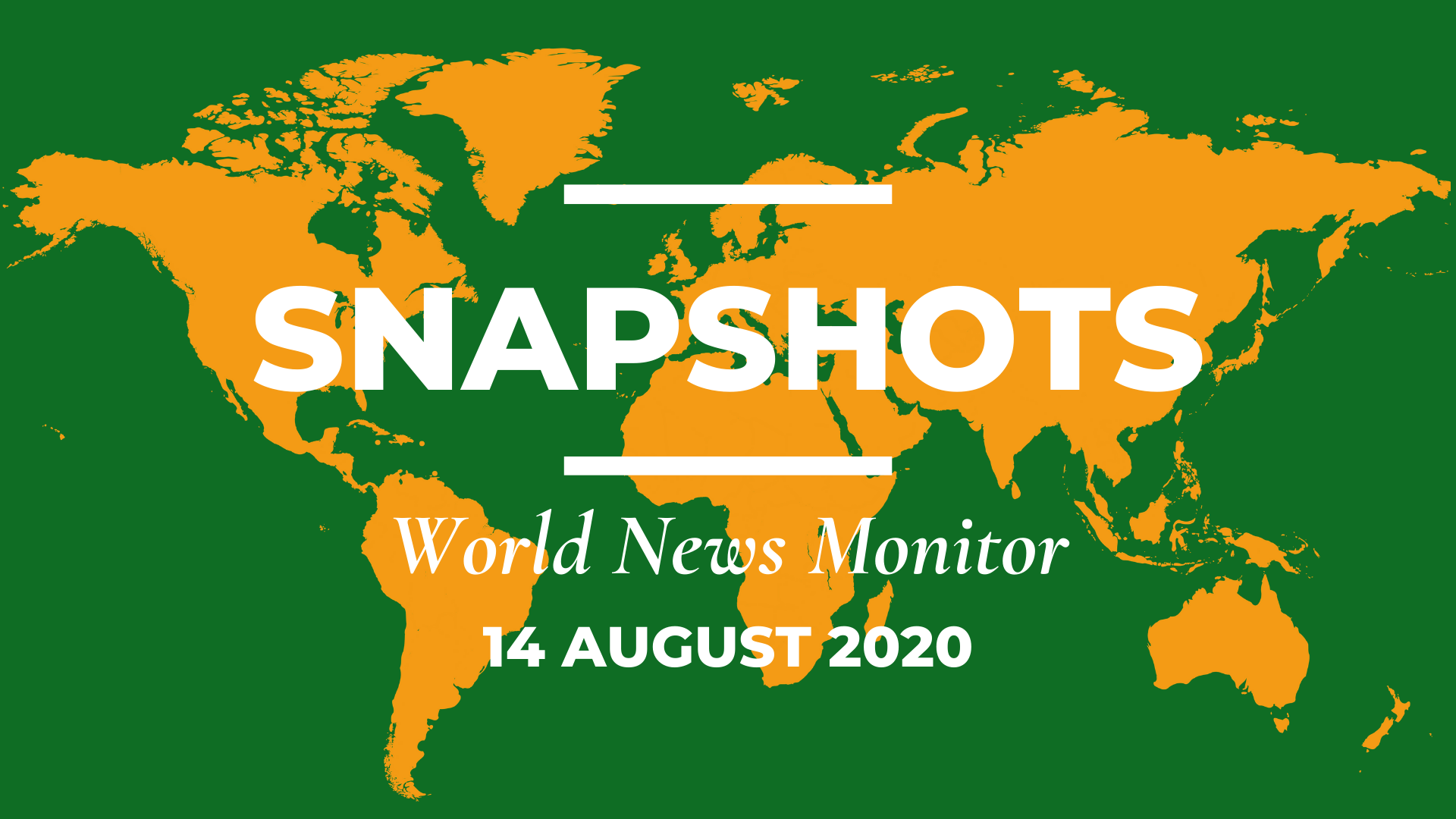South Asia
After Chinese state media outlet Global Times quoted Pakistan’s Ambassador to China as urging action to ease the suffering of the Kashmiri people, the Indian embassy in the country took aim at his “lies and half-truths” on the issue. The Indian Embassy further said that Pakistan was responsible for terrorists who were “recruited, trained and armed” to create unrest in the region. [Times of India]
On Thursday, After weeks of unrest in Nepal’s ruling party, Prime Minister KP Sharma Oli met with Prachanda, who leads the anti-Oli faction of the National Communist Party. Sources said that Oli has agreed to surrender the entire control over the ruling party to Prachanda, indicating a breakthrough in the negotiations. [India.com]
Following Saudi Arabia’s visible anger over Pakistan’s allegation that the Arab power has been “dilly-dallying” over addressing the Indo-Pakistan Kashmir Dispute in the Organisation of Islamic Countries (OIC), Pakistan’s army chief has decided to visit Saudi Arabia, in an attempt to resolve the differences. [Al Jazeera]
Central Asia and the Caucasus
On Thursday, Azerbaijan’s President Ilham Aliyev spoke with Russian leader Vladimir Putin over the phone to complain about Moscow’s ongoing sale of arms to Armenia, which he believes “raises concerns and serious questions in the Azerbaijani society”. Agendas of bilateral cooperation were also discussed, and Aliyev congratulated Putin on Russia’s COVID-19 vaccine. [President of the Republic of Azerbaijan]
East and Southeast Asia
Earlier today, North Korea’s leader Kim Jong-un replaced the premier he named about a year ago. The premier is in-charge of economic management, and naming Kim Tok Hun to the post to replace Kim Jae Ryong could deflect blame from the North Korean leader for hardships emanating from a poor harvest. Currently, North Korea is facing intense floods, dealing another blow to its already staggering economy. [The Star]
Russia could ship its COVID-19 vaccine to the Philippines before the year ends, according to the chief executive of the Russia Direct Investment Fund (RDIF). While confident about the safety and the efficacy of the vaccine, he urged the Philippine government to “conduct its own clinical trials”. [The Manila Times]
South Korean President Moon Jae-in vowed to seek ways to resolve issues surrounding Korean victims of Japan’s wartime sexual slavery, and to continue working until the victims say it’s “fair enough”. The statement came during a ceremony marking the annual Japanese Military Comfort Women Victims Memorial Day. [KBS]
Europe
Police forces in the United Kingdom have been granted special “hostile state activity” powers to “stop, search and arrest” suspicious individuals at all entry points. This decision is a consequence of the death of Segei Skripal in Salisbury by two Russian officers, who the UK believes to have entered the country with fake IDs. [Al Jazeera]
Lithuania has banned Hezbollah members from entering the country for the next 10 years, saying that the group uses terrorist means that pose a threat to the security of the region, including Lithuania. Israel has welcomed the decision. [DW]
Belarus has released arrested demonstrators after issuing a rare public apology on Friday, in an effort to quell protests that have gripped the nation, following the presidential election on Sunday. The decision came just a few hours before an EU meeting to discuss possible sanctions against Belarusian leadership for its violent crackdown on protesters. [Al Jazeera]
Latin America and the Caribbean
A Mexican judged issued arrest warrants for 19 formal federal police officials who were employed under the previous government, including a chief of police in Mexico City. They have been charged with organized crime and money laundering. [NBC News]
Middle East and North Africa (MENA)
On Thursday, Israel said that it would be halting fuel shipments into the Gaza Strip as a response to an attack of incendiary balloons from across the border by Palestinians, which reportedly set tracts of farmland at the frontier ablaze. [Reuters]
The Lebanon Parliament has approved a two-week state of emergency after last week’s explosion in Beirut, extending sweeping powers to the armed forces, in a move that groups have said may pose a threat to rights and freedoms, especially those of assembly and protest. [The New York Times]
The Human Rights Watch has said that in April 2020, Houthi rebel forces in northern Yemen used the pandemic as a pretext to forcibly expel thousands of Ethiopian migrants, massacring dozens and forcing them towards the border with Saudi Arabia. [HRW]
North America
The US Environmental Protection Agency (EPA) on Thursday formally rescinded Obama-era regulations aimed at reducing oil and gas industry emissions of methane. [Al Jazeera]
US President Donald Trump said on Thursday he was blocking Democrats’ effort to include funds for the US Postal Service and election infrastructure in a new COVID-19 relief bill, in an effort to block more citizens from voting by mail during the pandemic. [Reuters]
Oceania
In a rare bit of good news for a state that has seen a huge surge in coronavirus cases, chief health officer Professor Brett Sutton says that Victoria's case count has likely peaked and is now set to gradually drop. However, he warned that restrictions should only be lifted once community transmissions is negligible to avoid a resurgence in infections. [news.com.au]
Sub-Saharan Africa
The government of Mauritius put out a statement announcing that only 166 tons of fuel remain aboard the MV Wakashio—which ran aground on the coast of Mauritius and has spilt over 1,000 tons of oil into the ocean, damaging the islands lagoons, marine habitats, and beaches—after authorities successfully removed 3,184 tons from the vessel. [Government of Mauritius]
World News Monitor: 14 August, 2020
A quick look at events from around the globe.
August 14, 2020

